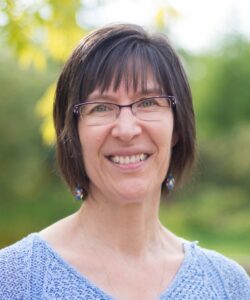 Many if not most of us get our news online and indeed, the internet is an amazing resource with loads of accurate information. It is also rife with misinformation and even worse, disinformation (the former refers to unintentional inaccuracies; the latter is “misleading by design”). This problem is not new; the COVID-19 pandemic has simply amplified it.
Many if not most of us get our news online and indeed, the internet is an amazing resource with loads of accurate information. It is also rife with misinformation and even worse, disinformation (the former refers to unintentional inaccuracies; the latter is “misleading by design”). This problem is not new; the COVID-19 pandemic has simply amplified it.
In pandemic times, the role of science for preserving our society has never been so critical. The world has nearly been stopped in its tracks by something we can’t even see. As citizens, the best we can do is literally, nothing. We hunker down, buying time while the world’s best scientists (including a team at Saskatchewan’s own VIDO-InterVac) focus on the painstaking work of developing tests, vaccines, antivirals, and other treatments. They’re racing to achieve in months what normally takes years and we eagerly await every news report on their progress.
While the average person with no scientific background may have a hard time determining what information is true, we all have a responsibility to do our best not to make matters worse. Literally anyone with an internet connection and a smartphone can post anything online. It’s up to all of us to think carefully before hitting the ‘share’ button.
Not everyone understands how science works and it is up to scientists and science communicators to address that. Building trust is key to public acceptance of science and technology. Ag-West Bio is happy to promote two organizations that work to build public trust of agriculture and agri-science: Farm and Food Care Saskatchewan and Agriculture in the Classroom Saskatchewan. We encourage our members to support these organizations as they provide an important service to the entire bioscience sector. If your organization has a project idea that builds public trust in agriculture, consider applying for funding through the Saskatchewan Ministry of Agriculture’s Agriculture Awareness Initiative Program (AAIP).
We need more scientists to participate in outreach – not just to talk about their research but also to explain the scientific process and, maybe most importantly, to show they are real people with the same cares and worries as everyone else. Thank you to all the scientists that have helped us in the past with outreach activities!
This blog was first published in the AWB 2020 Annual Report.